It’s not often that the Chairman of the Federal Communications Commission becomes known outside the relatively narrow confines of those who are regulated by the FCC. But Newton N. Minow broke that mold six decades ago, and last week he became the first FCC Chairman ever to be awarded the Presidential Medal of Freedom, our nation’s highest civilian honor. Minow, only 35 years old when appointed by President Kennedy, achieved what now would be considered viral status by telling the National Association of Broadcasters in May 1961 that their members’ programming was a “vast wasteland.” That speech, and especially this memorable phrase, brought him appearances on Meet the Press, the cover of Time magazine, and even the question to an answer on Jeopardy.
But there is so much more to this man than his challenge to the dominant media industry with a catchphrase that has endured for over a half century. His tenure as FCC Chairman was quite brief (about two years), but the impact he had truly shaped the communications revolution. Perhaps his strong suit as FCC Chairman beyond using the bully pulpit of his position was his ability to forge consensus and work closely with Congress in crafting impactful new legislation.
Minow recognized that television viewers would be able to access a wider choice of stations if they could watch programs on UHF channels as easily as they could tune into VHF stations, which dominated the airwaves at the time. The elegant solution he worked on with Congress led to the enactment of The All-Channel Receiver Act, changing the world of broadcast television. This new law enabled the creation of the Public Broadcasting Service by expanding channel accessibility and giving public television stations a workable national footprint. Technical parity between VHF and UHF also led to a greater network competition: the Fox Broadcasting Network, the CW Network and the UPN network joined ABC, CBS and NBC as the dominant national broadcast television networks in the 1980s. These developments were pro-competitive and helped expand the range of viewing options that Minow had bemoaned in his memorable speech many years before.
Minow also worked closely with Congress to craft the Communications Satellite Act, which ushered in a dramatic new era of commercial satellite communications. Within five years of its passage, President Lyndon Johnson proudly reported that the law had “brought mankind to the threshold of a full-time global communications service to which all nations of the world may have equal access.” It is not an understatement to say that without this law, there would have not been any commercial satellite service, which means no cable networks and no ability to globally transmit and television signals in real time.
On a personal note, I was privileged to work with Newt Minow when he became Director of the Annenberg Washington Program in Communication Policy Studies, a research unit of Northwestern University. He brought together an interdisciplinary team of senior fellows to focus on areas that were just emerging in national and international policy discussions—broadband, health and emergency response communications, copyright reform, communications technologies for people with disabilities, even the potential impact of talk radio. For those of us assigned to work on projects there, he helped frame the questions we would pursue and made sure that our research and policy prescriptions reflected analytic thinking that extended beyond the conventional wisdom of the time. With dozens of monographs and white papers left behind, along with many high-visibility conferences that brought together key communications stakeholders in a neutral forum, Minow ensured that the Annenberg Washington Program would make its mark at the dawn of the internet age and well beyond.
I expected him to tell me that the words he always wanted to be remembered by were “vast wasteland.” But instead he said that the phrase “public interest” was the one most important to him. His Presidential Medal of Freedom reflects not just those words, but also his legacy in animating them with a unique blend of intellect, political savvy and steely focus on fulfilling the promise of communications technologies to change the world.
The Brookings Institution is committed to quality, independence, and impact.
We are supported by a diverse array of funders. In line with our values and policies, each Brookings publication represents the sole views of its author(s).

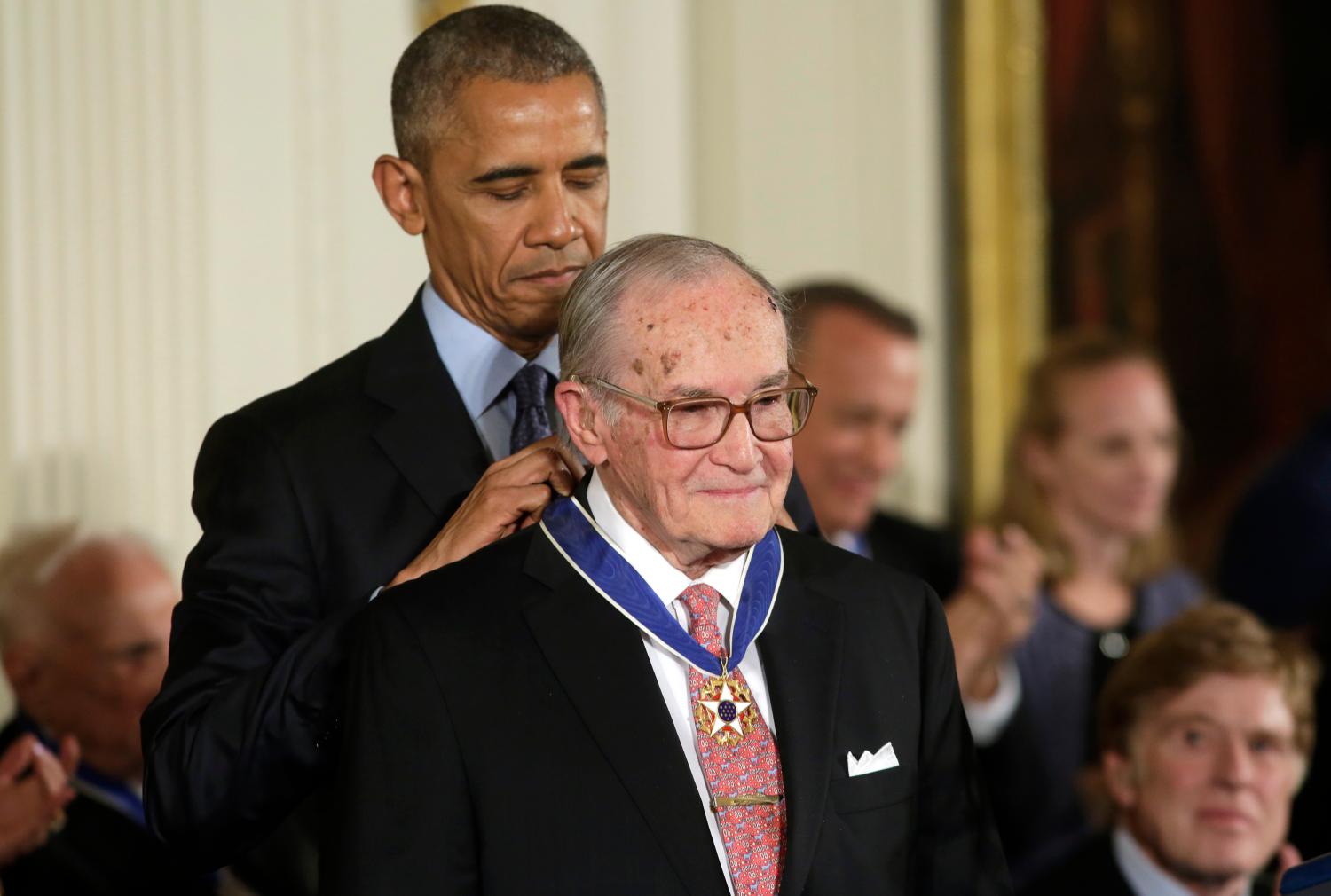
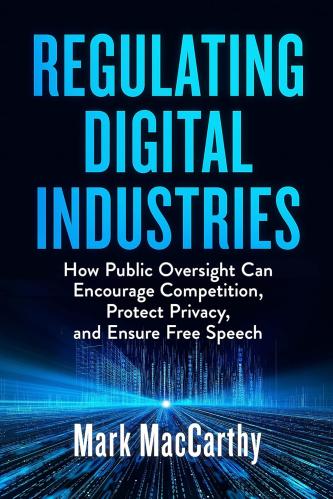
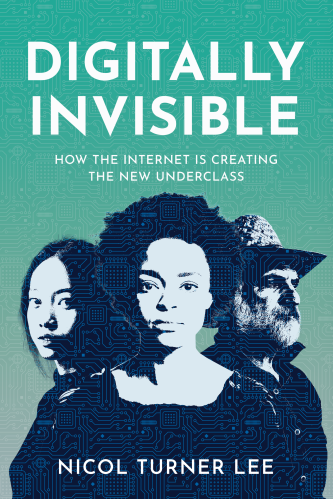
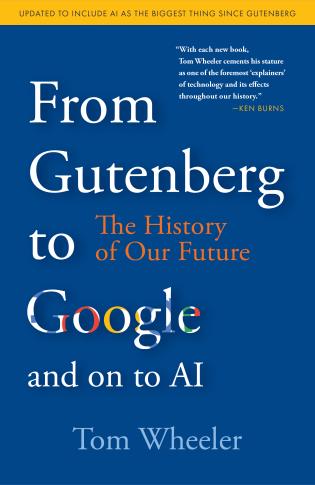

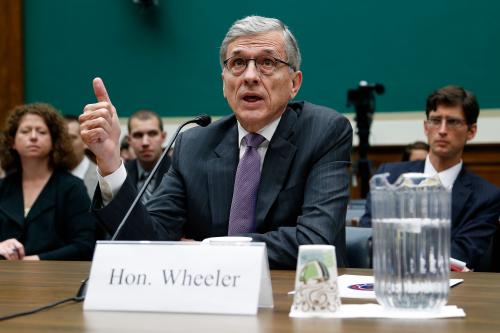

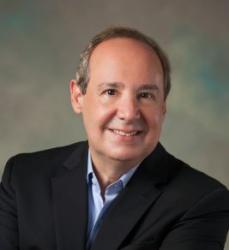
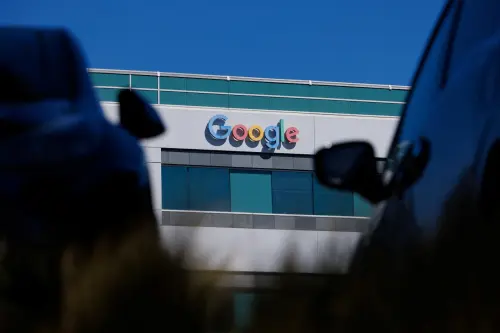

Commentary
At last, a Presidential Medal of Freedom for communications
November 29, 2016